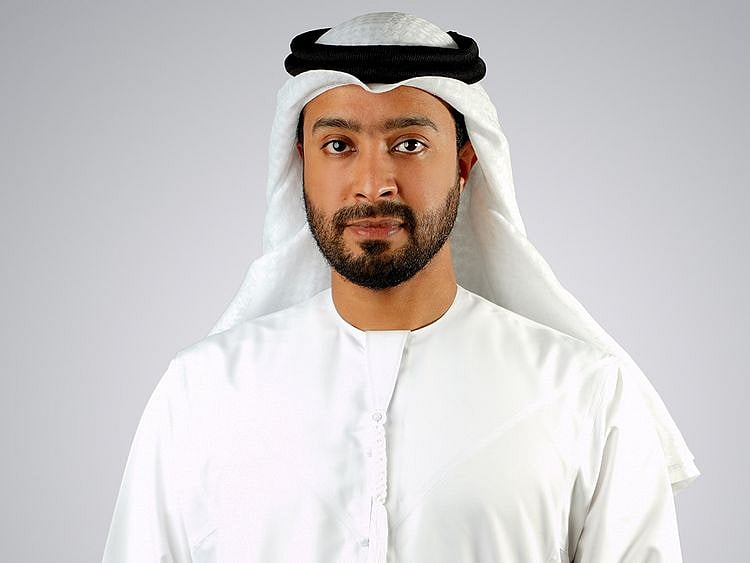UAE’s first analogue astronaut Saleh Al Ameri enters eight-month isolation mission
Mission aims to simulate, study and train for impact of long-term space exploration

Also In This Package
Out-of-this-world Tesla Pi phone? What we know so far
Huge turnout at 40th Sharjah International Book fair
Weekend watchlist: 10 TV shows and movies to check out
Things to do this weekend with the family in the UAE
Photos: Discover Suriname's Indian connection at Expo
Time to soak up the Diwali festivities
Dubai: The UAE’s first analogue astronaut Saleh Al Ameri on Thursday entered an eight month isolation period in Moscow as part of UAE’s mission to train for long-term space travel.
UAE Analog Mission No.1 is part of the Scientific International Research in Unique Terrestrial Station (SIRIUS).
After successful training and tests, Al Ameri took on the mission led by Dubai-based Mohammed Bin Rashid Space Centre (MBRSC) to study the effects of isolation and confinement on human psychology, physiology and team dynamics to help prepare for long-duration space exploration.
At 3pm UAE time on Thursday, Al Ameri entered the NEK ground-based analogue facility of the Russian Academy of Sciences’ IBMP.
Passing tests
MBRSC had received 172 applications for the positions, and the applicants underwent various phases of rigorous evaluation in accordance with international standards, before two candidates were selected.
Saleh Al Ameri has a bachelor’s degree in mechanical engineering from Khalifa University and is a certified vibration analyst from the Mobius Institute. With over six years of experience in his field, Al Ameri is currently working as a mechanical engineer with ADNOC. Al Ameri’s team had won second place in the Abu Dhabi Solar Challenge 2015, designing the first of its kind solar car in the Arab world that had a mileage of 1,200km.
Short-listed candidate
The other short-listed candidate, Abdallah Al Hammadi, has a foundation degree in aerospace engineering from the Manchester Metropolitan and a bachelor’s degree in mechanical engineering from the Abu Dhabi University. He has been part of the UAE Armed Forces for the past 17 years and is currently the Crew Chief of the Maintenance Department (first and second line).
‘I’m happy to represent my country’
In an interview with Gulf News, Al Ameri said: “My goal is to represent my country to complete the mission successfully without having side effects of the isolation and the stress. I am happy to have been selected for the mission along with my good friend Abdallah Al Hammadi. I am also looking forward to working with a set of international crew on the mission.”
How will he spend the time?
AlAmeri said: “We are going to work, play, eat and do a lot of constructive work over the next 240 days. We have been training the body first. We met psychologists and psychiatrists and discussed the psychological issues involved with isolation. They analysed our strength and weakness and shared how we can keep our spirits up.”
This currently the longest active analogue mission, he added.
What does the mission involve?
“We will find some locations to land our ‘rover’ to collect samples. We will do some ‘ spacewalks’ in a way that simulates the same environment of space.”
Al Ameri is a certified skydiver and certified master scuba diver. “I also love to play chess and am carrying a chess board with me. Besides I am carrying my UAE national flag, the Holy Quran, photos of our UAE leaders and some classical Arabic music.”
Purpose of the mission
Al Ameri said: “The Mission is a field study that simulates an environment of going to space. Before we go to space we need to study what will happen to the human body. We cannot do it here on ground. So we create a simulation experience of how it will be in space. The only difference is related to the weightlessness and the microgravity. We have the same schedule as the astronauts aboard the space station do. We eat the same food as they do, keep same hygiene levels.”
What’s next for Al Ameri?
“The space beckons. I am looking at space,” he said.
Sign up for the Daily Briefing
Get the latest news and updates straight to your inbox
Network Links
GN StoreDownload our app
© Al Nisr Publishing LLC 2026. All rights reserved.